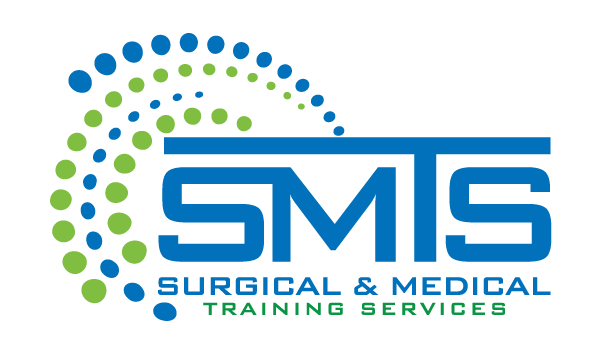Medicine has evolved so much in the past century that it may feel overwhelming trying to keep up with the current pace of innovation. However, health care practitioners do well to maintain focus on the aspects of their practice that could be improved. While medical personnel may be quick to learn a new technical skill, the administrative side of the practice is proving to be just as vital to better patient outcomes. Here, we will look at how electronic health records, or EHRs, can hasten the diagnosis and treatment of disease while reducing medical errors.
In one national survey of physicians showed that:
- 94% of healthcare personnel appreciate the immediate availability of records at the point of care.
- 88% believe that clinical benefits improve with the use of EHRs.
- 75% believe that they deliver a better quality of care thanks to patient EHR.
 Logically, patient history is an important aspect of quality care, and in reaching a diagnosis for a new condition. Having the necessary, comprehensive data at your fingertips provides you with the big picture you need to diagnose with accuracy.
Logically, patient history is an important aspect of quality care, and in reaching a diagnosis for a new condition. Having the necessary, comprehensive data at your fingertips provides you with the big picture you need to diagnose with accuracy.
Reducing Errors and Improving Outcomes with EHRs
The modern day health record does more than track a patient’s history, it “computes” it, thus reducing error and improving outcomes for each patient. Here’s how:
- The EHR records data such as allergies and medications. Additionally, the electronic record will automatically check for potential problems at any time a new medication is prescribed. The clinician is alerted of any contraindications or conflicts.
- When potential safety issues are exposed, care providers are able to avoid serious consequences and provide a higher standard of care to individual patients.
- The digital transfer of health information in the EHR assists physicians in delivering better care. For instance, an EHR used in the emergency room indicates a patient’s medications and allergies.
EHRs and Risk Management
Risk Management is an important aspect of health care. Studies show that EHRs are beneficial in several ways:
- Provides clinical reminders and alerts
- Improves communication between provider and patient, as well as multiple providers
- All relevant information is kept in one place
- Important data is available at the point of care, facilitating evidence-based decisions
SMTS – Surgical & Medical Training Services supports the best possible patient care by providing the training you and your staff need. For information about our services, call (888) 801-9444.
Image courtesy of stockimages at FreeDigitalPhotos.net

